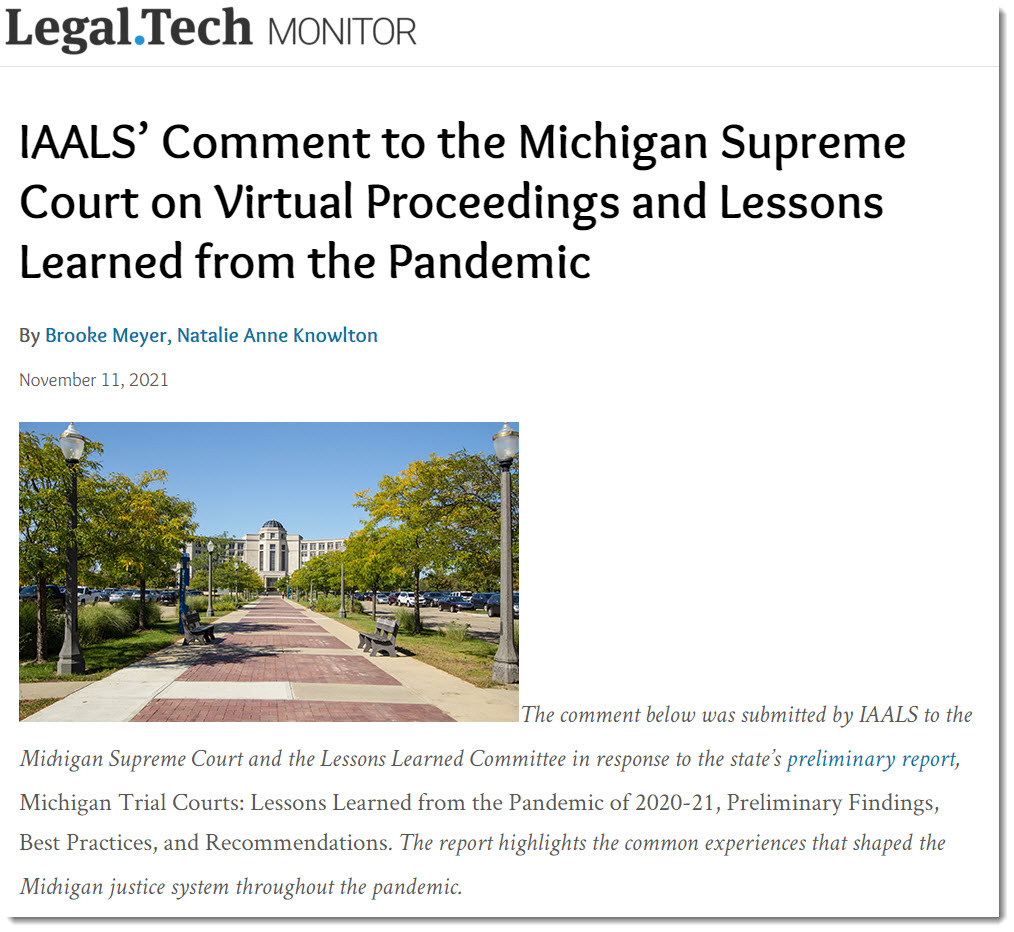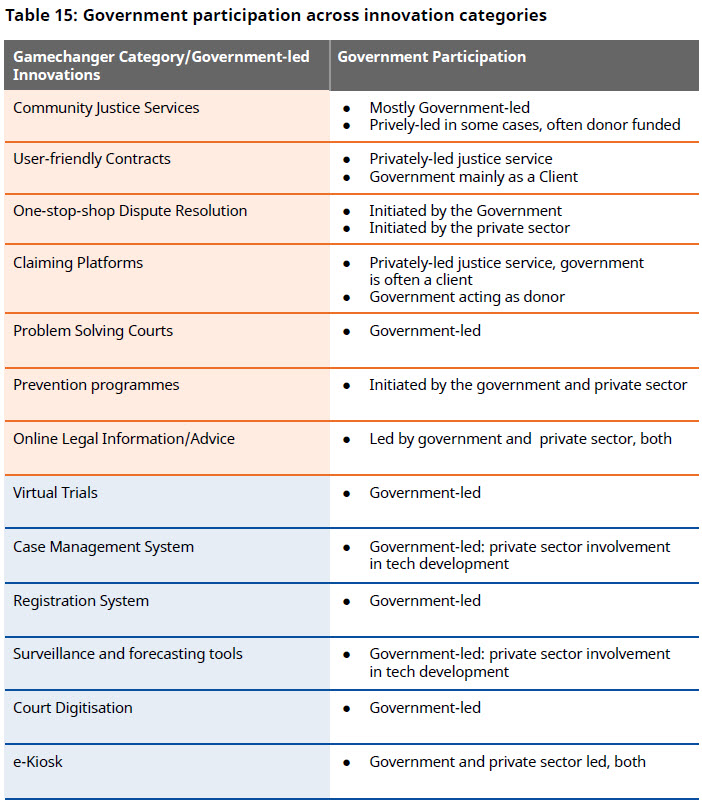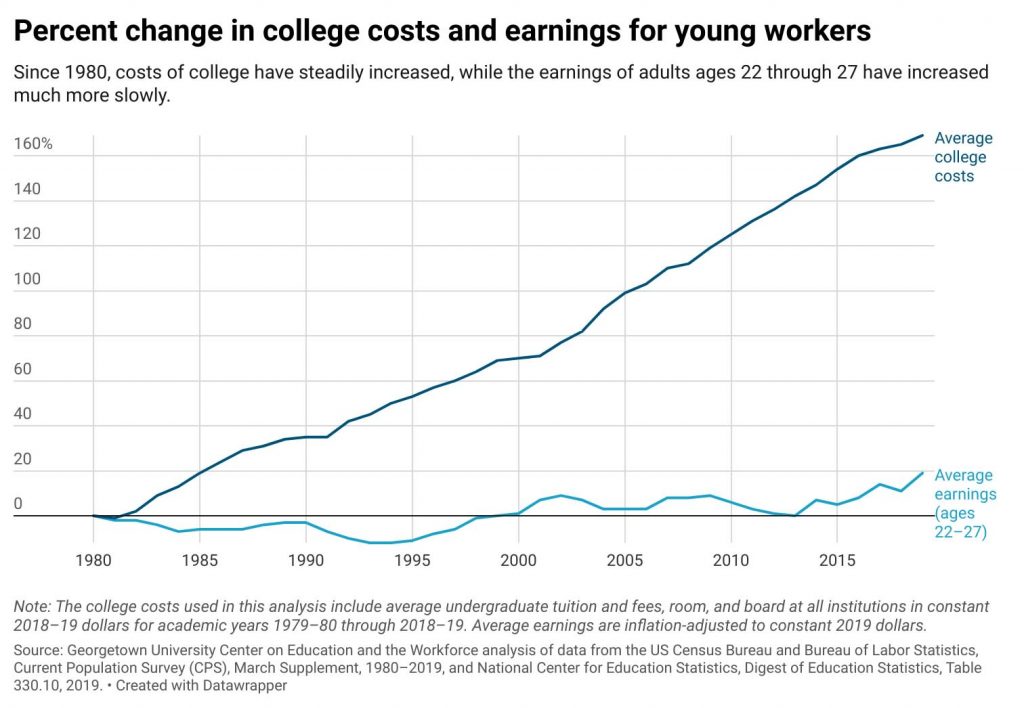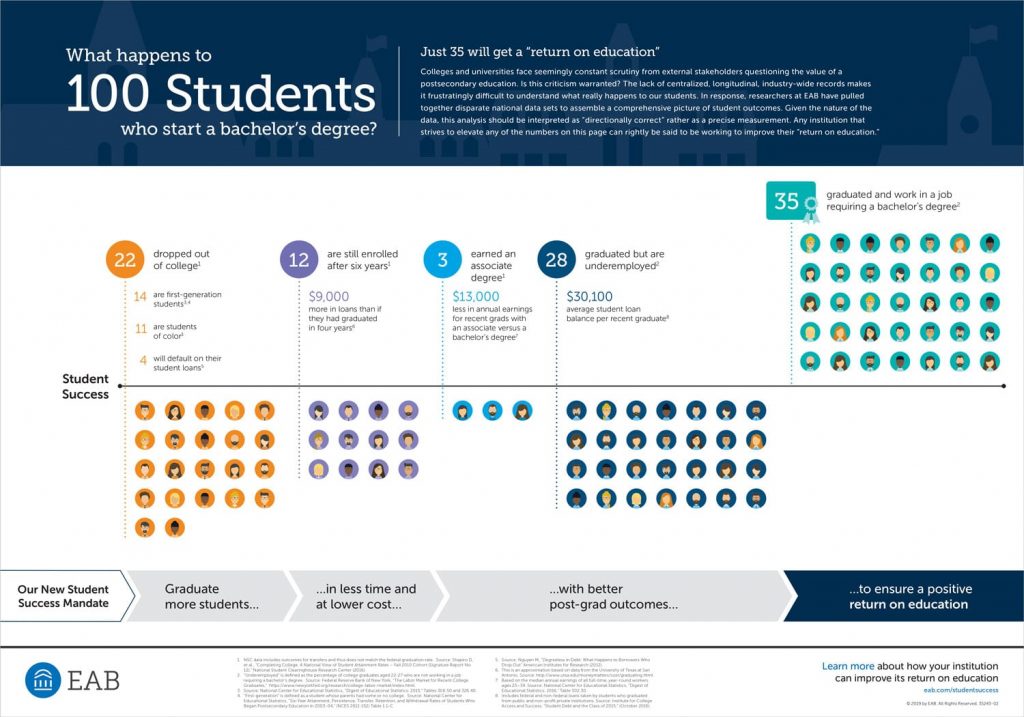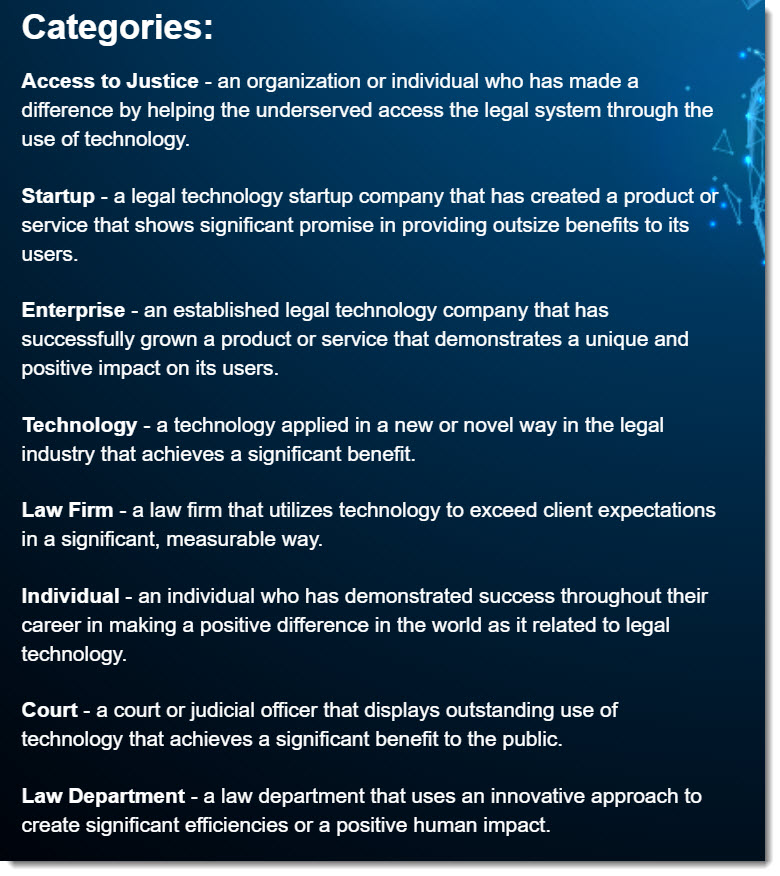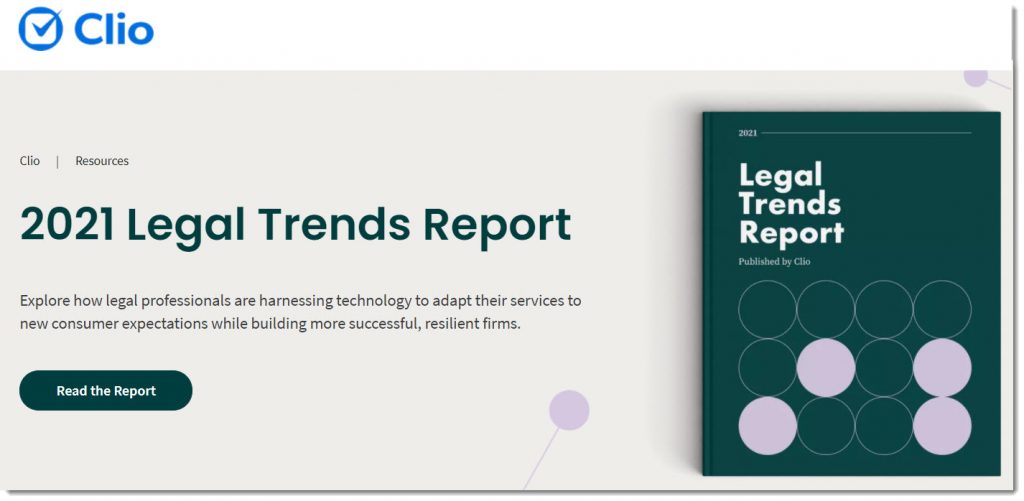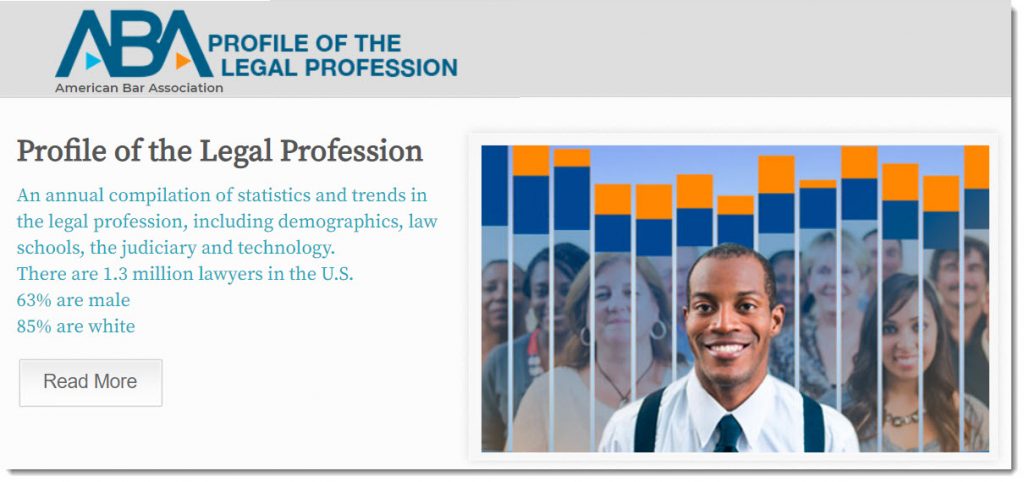TechReport 2021: Cloud Computing — from lawtechnologytoday.org by Dennis Kennedy; with thanks to Cat Moon for this resource
Excerpt:
The 2021 ABA Legal Technology Survey Report will be important historically because it gives us the first look at how lawyers responded to the COVID-19 pandemic. Spoiler alert: we did not see anything like the movement to the cloud we expected in 2020. In fact, the 2021 results might be interpreted as another example of lawyers being late arrivals to technologies widely in use in other professions and businesses.
Nonetheless, we still expect the practice of law to be much more cloud-intensive in the near future than it is now, with courts and clients driving many of the changes. Do you think Zoom meetings, online court hearings, and other forms of online collaboration tools will really go away after what we’ve seen in the pandemic?
In the legal profession, it’s still a much different story. Legal is a lagging industry in cloud use. That said, it is still surprising that even in 2021 the reported use of cloud computing in law practice stayed flat or even declined—despite the pandemic and all the news coverage about Zoom meetings and working from home. This result is difficult to comprehend, let alone explain.









